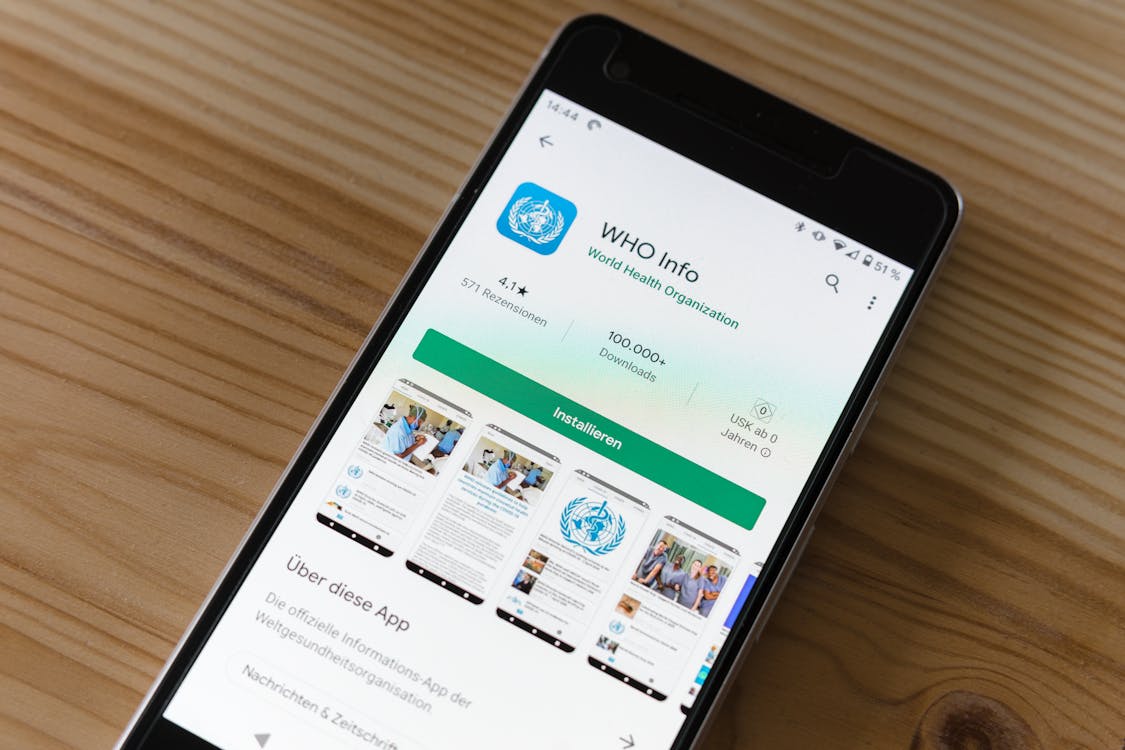World Health Organization (WHO): Cholera Cases Surge in 44 Countries

World Health Organization (WHO)

Global cholera outbreak continues to grow
Data from the World Health Organization (WHO) released today shows that the ongoing cholera outbreak is growing in size and scope. While cholera data is still incomplete, the number of cases reported to WHO in 2022 was more than double that recorded in 2021. Forty-four countries reported cases, an increase of 25% from the 35 countries that reported cases in 2021.
Seven countries – Afghanistan, Cameroon, the Democratic Republic of the Congo, Malawi, Nigeria, Somalia, and the Syrian Arab Republic – reported more than 10,000 suspected and confirmed cases. The larger the outbreak, the more difficult it is to control.
WHO said that cholera is a severe diarrheal illness that is spread through contaminated food and water that contains the bacterium Vibrio cholerae. This is closely linked to the lack of safe drinking water and adequate sanitation services, due to underdevelopment, poverty, and conflict. Climate change is also playing a role in this increase, as extreme weather events such as floods, droughts, and cyclones trigger new outbreaks and worsen existing ones.
Current data for 2023 suggests that this global increase is continuing. Twenty-four countries are currently reporting active outbreaks, with some countries in the midst of acute crises.
The increasing demand for cholera supplies is challenging global disease control efforts. Since October 2022, the International Coordination Group (ICG) – the body that manages emergency vaccine supplies – has suspended the standard two-dose vaccination regimen in cholera response campaigns, using a single-dose approach instead.
WHO is supporting countries in responding to cholera outbreaks on an emergency basis by strengthening public health surveillance, case management, and prevention measures; providing essential medical supplies; coordinating field deployments with partners.
WHO has launched an appeal to raise US$160.4 million to respond to cholera through the Global Strategy for Cholera Preparedness, Readiness, and Response. US$16.6 million from WHO’s Emergency Fund for Emergencies has been released to support the cholera response in 2022 and 2023.
Additional information
- cholera is a severe diarrheal illness. It is important to note that cholera can be fatal, especially in young children and the elderly.
- cholera is spread through contaminated food and water. It is important to take steps to protect yourself from cholera, such as drinking only bottled water, avoiding raw or undercooked seafood, and washing your hands frequently.
- increasing demand for cholera supplies is challenging global disease control efforts. It is important to support organizations that are working to fight cholera, such as WHO and UNICEF.
Conclusion
The ongoing cholera outbreak is a serious public health threat. It is important to be aware of the risks of cholera and to take steps to protect yourself.
Important Articles
- Migraine Headaches: Causes, Symptoms, and Prevention
- How to Lose Weight Without Fast Food
- Can Exercise Cause a Heart Attack? Study Explains
Image by [Markus Winkler] on [pexels.com].
